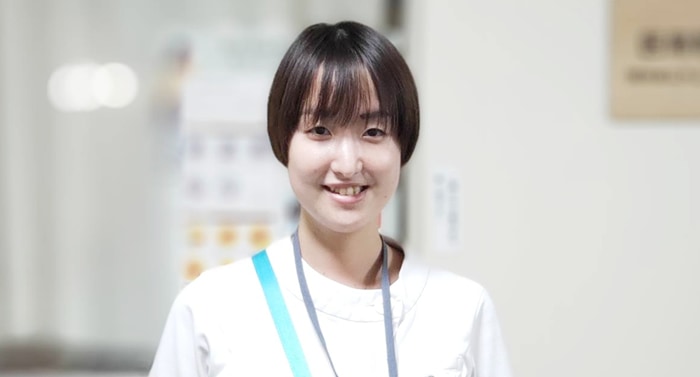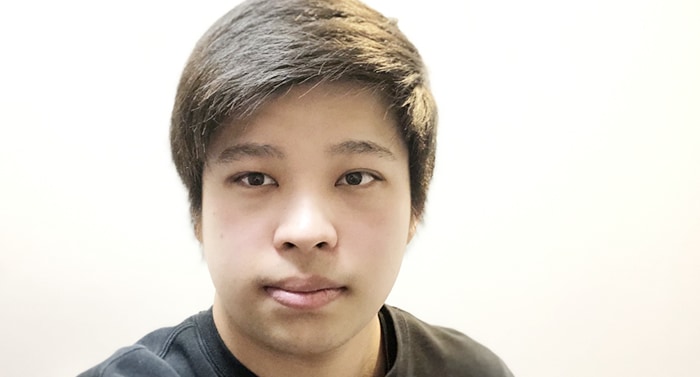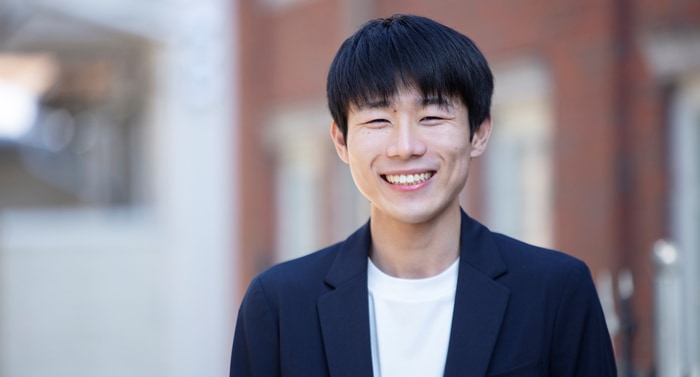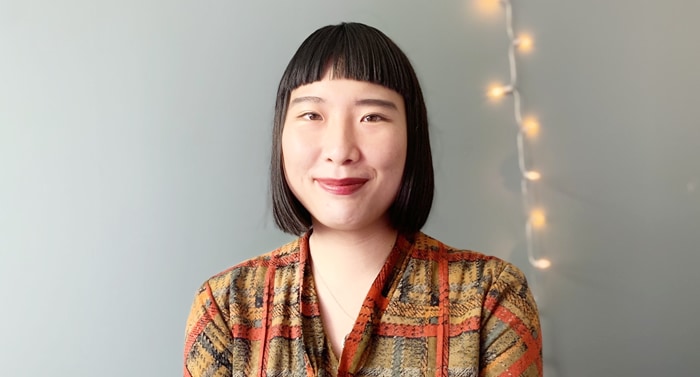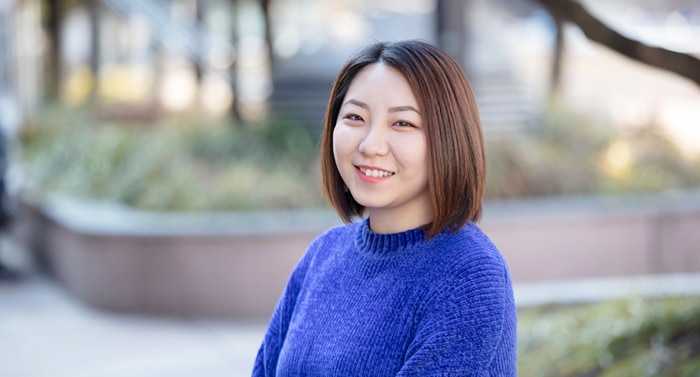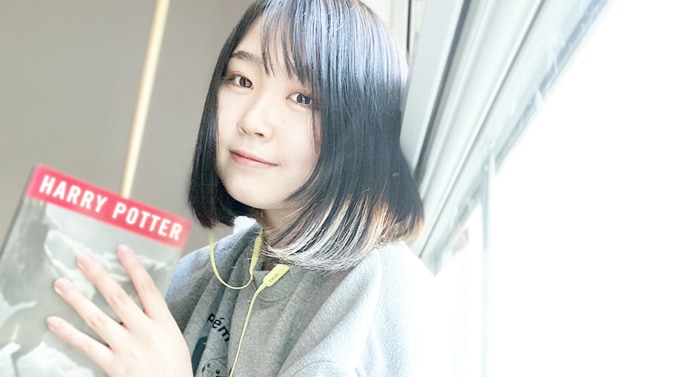子ども達のレジリエンス
CHILDREN’S RESILIENCE
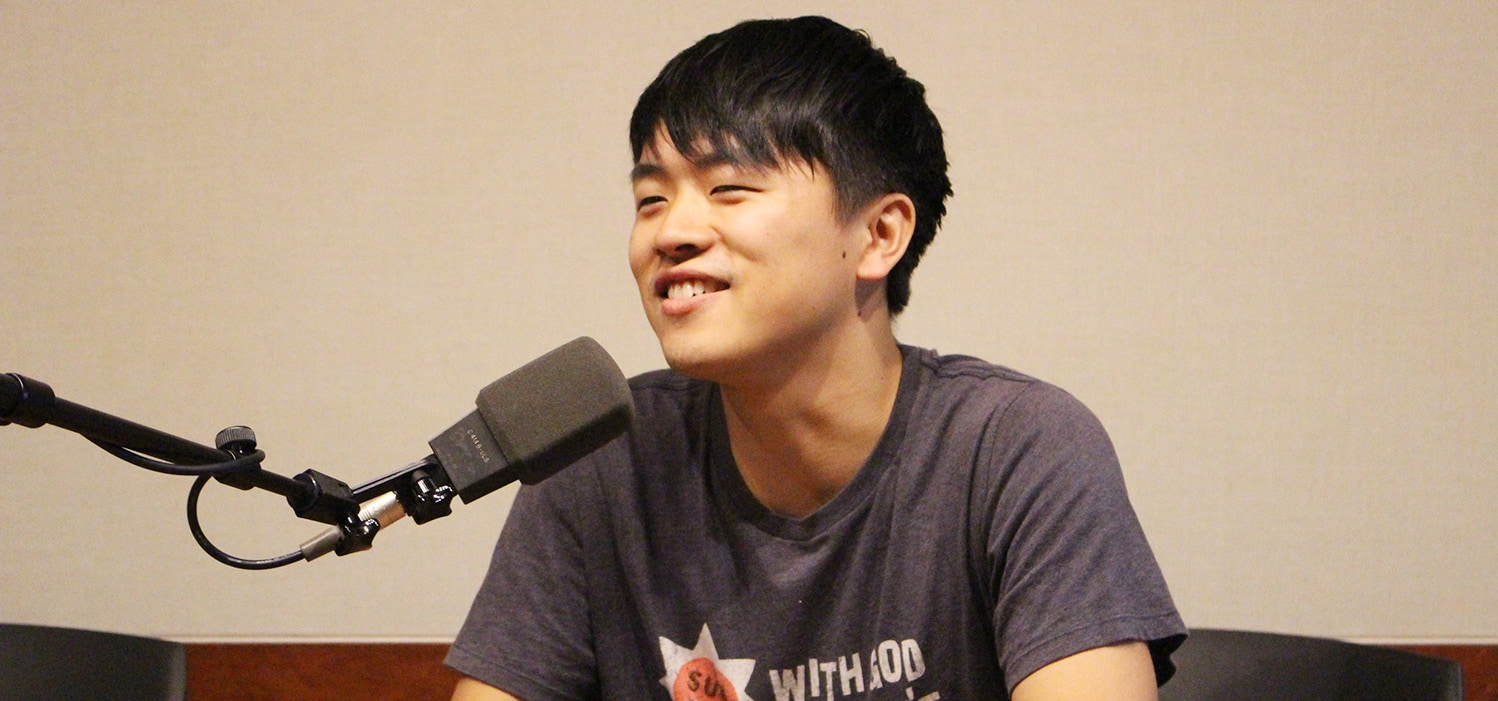
復興を志す07
『恩送り』という、恩返しのカタチ。
The manner of returning the favor called “Paying it forward”.
白井 森隆 | 宮城県仙台市
Moritaka Shirai (Sendai, Miyagi)
自分だからこそできることがある
「七ヶ浜で数百体の遺体が見つかりました」
当時、電気も水道も止まっていて、唯一情報を得ることができたラジオから聞こえてきたニュース。
昔、家族と行ったこともあり、馴染みのあった場所でのニュースは、信じられないくらい衝撃的だったことを覚えています。
翌年、震災を体験した子どもたちのための自立支援プログラムSupport Our Kidsと出会いました。
当時、英語も好きで、外国の文化への漠然とした憧れのあった私は、すぐにSupport Our Kidsが企画したイギリスプログラムに応募しました。初めての海外。外国での不慣れな生活やコミュニケーションを通して、日常では味わえない経験をすることが、私の期待していたことでした。
しかし、このプログラムを通して最も心に残り、今でも影響を受けているのは、一緒にロンドンに行ったメンバーが語った被災体験です。
当時の私にとって、海外に行くことが目的の大部分を占めていました。そんな私にとって、研修初日の夜にメンバーと震災体験を共有したことは、自分の考え方を変える大きなきっかけとなりました。海外に行って、普段はできない経験をしたい、と考えていた自分にとって、同行するメンバーの被災体験、親を失ったり、家が津波で流されたり、という話は衝撃的でした。
正直、なぜ自分がこの研修に選ばれたのか分からなくなり、その場にいるのが恥ずかしいとさえ思っていました。自分より甚大な被害に遭った人がいるはずだし、もっと他に行くべき人がいたのではないか。そう思っていました。しかし、ロンドンでの非日常の日々の中で、同行したメンバーと深い時間を過ごす中で、自分たちが考えている将来への悩みなどについて、腹を割って話すことができました。その結果、風化して震災を忘れてしまいそうになる人の気持ちと、甚大な被害を負った人両方の気持ちがわかる自分だからこそできることがあるのではないかと考えられるようになりました。
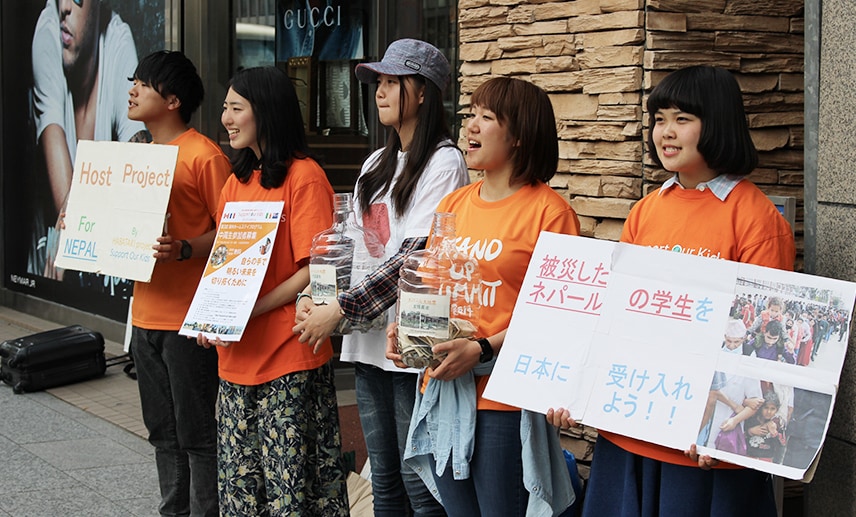
被災したネパールの中高生を東北へ招待する
帰国後、私は、Support Our KidsのOBOGの有志で結成した団体”HABATAKI”のリーダーとして、復興に向けて微力ながら、自分たちでもできることを模索していました。
その中で、2015年に発生したネパール大震災で被災したネパールの中高生を東北へ招待し、東北の復興の過程を彼らに見てもらいながら、お互いの地元に活かせること、自分たちの夢について語らうプロジェクトを、資金集めから企画、実行など、全く経験のない中で実施しました。特に資金集めが全く思い通りにいかず、実施できるかどうか正直自信をなくしてしまったこともありました。しかし、HABATAKIの仲間や、Support Our Kidsのサポーターの方々からのアドバイスに支えられ、帰国後に抱いた初志を思い返し、「やり切る」と決意を固めました。そこからは、そのためにどうすればいいか視野が広がり、実施までこぎつけることができました。
実際に、招待した3人のネパールの学生が空港に姿を現した時の気持ちは、忘れることが出来ません。また、ネパールの学生が、HABATAKIのメンバーの姿を見て、「日本にきてロールモデルを見つけた」と言ってくれたことは、非常に誇らしく、自分たちの震災と海外という経験を活かし、今困っている人々に恩を送る活動の輪をますます広げていきたいと思いました。その後、熊本地震、台湾地震、西日本豪雨と、災害が起こる度に、後輩たちがバトンを受け継ぎ、被災した同世代を東北に招待したり、募金活動をしたりと活動をつなげてくれていることを、同じ東北人として、Support Our KidsのOBとして誇りに感じています。
ラジオ局という「気持ちを繋ぐ」仕事へ
私は今、大学を卒業して都内のラジオ局で働いています。ラジオ局を志した理由は、元々、家族がよくラジオを聴いていたことと、深夜放送の作る独特の空間とそれを支えるリスナーの圧倒的熱量が織りなす深夜ラジオの文化に惹かれていたこともあります。
また、先にあげたネパールのプロジェクトが資金繰りに苦戦している際に、NHKのラジオ国際放送のディレクターの方にプロジェクトを取材していただき、より認知してもらい、支援をいただくきっかけをいただいたことも大きな志望のきっかけです。ある日、突然その方から、取材したい、と連絡をいただきました。当時、震災から5年経っていて、支援を受けた子どもたちが絶対何か行動を起こしているはずだ、と考えて、HABATAKIを見つけてくださったそうです。その方の想いと行動を受けて、ラジオはまさしく、風化して震災を忘れてしまいそうになる人の気持ちと、甚大な被害を負った人両方の気持ちがわかる自分だからこそできること、繋ぐ仕事だと思いました。
仕事はラジオ局の営業として、当初思い描いたディレクターへの道のりはまだ遠く、ラジオの広告を企業に提案する日々ですが、改めて、お金をいただくことの難しさに直面しています。ですが、自分で企画を立案し、自分の企画に賛同いただけた際には、放送したい番組を制作することもできるので、確かなやりがいを感じています。
震災から10年ということで、震災に絡めた企画を提案することが多いのですが、その際に自分の体験を話す機会が多くなり、改めて自分の考えを整理することがありました。
東日本大震災の経験は、自分の人生を変える多くのきっかけをもたらしたということです。10年というと、かなり昔の出来事に感じますが、ここに今まで書いてきた事柄は全て連続しているものであり、震災は、今も自分の中できっかけを生み続け、回り続けています。
震災をポジティブなものとして捉えることはできませんが、苦しかった分、今も自分に生きていると、10年経って思います。
ラジオマンとして、まだまだ何かを繋いで新しいものを作り出している実感は少ないです。しかし、過去に自分がNHKのディレクターの方から経験したように、東北の復興についても、それ以外でも、何かと何かをつないでその行動の可能性を広げていける、そんなラジオマンになることが、今の私の夢です。
There are things that can be done only by oneself
“Hundreds of bodies were found in Shichigahama.”
I heard the news on the radio, the only place where I could get information when the electricity and water supplies were cut off.
I remember how incredibly shocked I was to hear the news from a place that I was familiar with, having visited it with my family in the past.
The following year, I came across Support Our Kids, a self-reliance support program for children who became victims of the earthquake.
At the time, I’m fond of the English language and had a vague yearning for foreign culture, so I immediately applied for the homestay program in England organized by Support Our Kids. It was my first time abroad. Through the unfamiliarity of living and communicating in a foreign country, I was hoping to have an experience that I would not have in my daily life.
However, the most memorable thing from the program that still influences me was the disaster experience that fellow members shared with me in London.
At the time, going abroad was a major part of my purpose. For me, sharing the experience of the disaster with the members on the first night of the training was a great opportunity to change my way of thinking. I had been thinking that I wanted to go abroad and experience something that I would not normally be able to do, but I was shocked to hear about the experiences of fellow members, such as losing their parents and having their houses washed away by the tsunami.
To be honest, I didn't know why I had been chosen for this training, and I even felt ashamed to be there. There must be other people who had suffered more seriously than me, and that there were other people who should have been there. However, during the extraordinary days in London, I was able to spend deep time with fellow members, and we were able to talk openly about our own worries about the future. As a result, I came to realize that there are things that I can only do because I understand the feelings of both those who have suffered tremendous damage and those who are likely to forget the disaster as it fades away.

Inviting junior and senior high school students from Nepal to Tohoku.
After returning to Japan, I was looking for ways as the leader of "HABATAKI", a group formed by Support Our Kids alumni, to do our part to help with the recovery.
We invited Nepalese junior and senior high school students who had been affected by the Nepal Earthquake in 2015 to see the reconstruction process in Tohoku and talk about what we can do for each other's hometowns and our own dreams, even though we had no experience in fund-raising, planning, and execution. Especially in fund-raising, it did not go as we expected, and we honestly lost confidence in our ability to carry out the project. However, with the help and advices that my HABATAKI colleagues and Support Our Kids supporters gave us, I recalled my original ambition after returning to Japan and made up my mind to act on it. From there, I was able to broaden my perspective on what I should do to achieve the goal, and I was able to carry out the project.
I will never forget how I felt when the three Nepalese students I invited actually showed up at the airport. I was very proud when they said that they had found a role model after seeing the HABATAKI members. Since then, when disasters occur, such as the Kumamoto earthquake, Taiwan earthquake, and the torrential rains in western Japan, I feel proud as part of the Support Our Kids alumni, that my juniors inherited the baton and will invite their counter parts in Tohoku to participate in fundraising activities.
The job of "connecting sentiments" at a radio station.
I am currently working at a radio station in Tokyo after graduating from university. The reason why I wanted to work at a radio station was my family used to listen to the radio, and I was attracted to the culture of late-night radio, which is created by the unique atmosphere of late-night broadcasting and the overwhelming enthusiasm of the listeners who support it.
Also, when the Nepal project I have mentioned was struggling for funds, the director of NHK's Radio International covered the project and gave us the opportunity to gain more recognition and support. One day, out of the blue, I was contacted and asked if I wanted to do an interview. Five years had passed since the earthquake, and he discovered HABATAKI and thought that the children who received our support must have taken some action. After listening to the director’s thoughts and actions, I realized that the radio is exactly the kind of work where I can connect with people who are forgetting about the disaster and those who have suffered tremendous damage.
My job is sales and marketing representative for the radio station. I am still a long way from becoming a director, which I had initially envisioned, but now I spend my days proposing radio advertisements to companies. However, I feel that it is rewarding to be able to create my own programs and to broadcast it if given the chance.
It has been 10 years since the earthquake, and I often propose projects related to the disaster. In doing so, I receive many opportunities to talk about my own experiences, which help me organize my thoughts again.
The experience of the Great East Japan Earthquake brought about many opportunities that changed my life, and although 10 years seems like a long time ago, all the things I have written are so far continuing. The earthquake experience continues to create triggers within me, and it keeps me going. I still can't see the disaster as a positive thing, and I think some parts of the pain are still alive in me.
As a radioman, I still don't feel that I have connected or created something new yet. However, my goal now is to become someone who can expand the possibilities of action by connecting something with another, whether it is about the reconstruction of Tohoku which I experienced from the director of NHK in the past, or just something else.
RESILIENCE
復興を志す
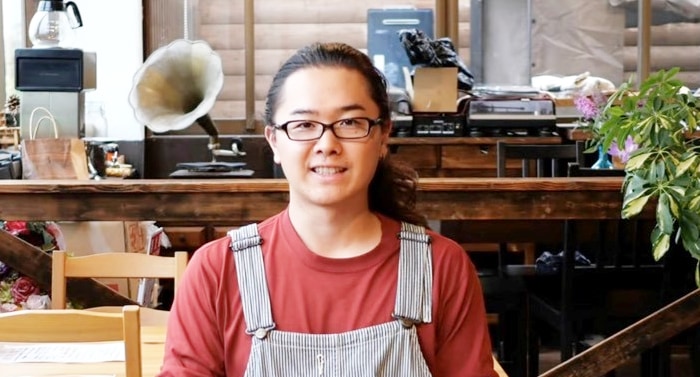
復興を志す 01
自分が次の世代に、この美味しさを残す。ファーマーそして農チューバーという挑戦。
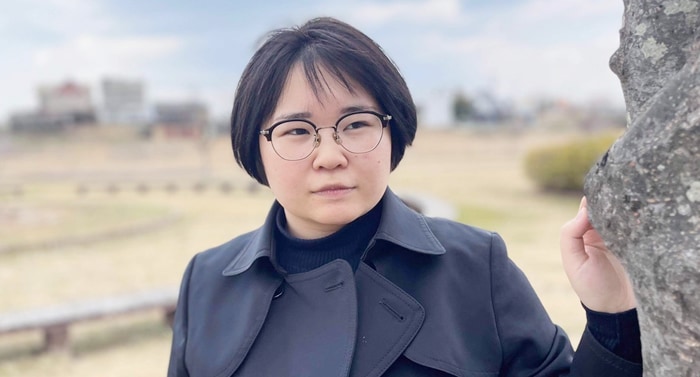
復興を志す 02
海外で得た「福島プライド」を、未来を担う子どもたちに伝えたい、育てたい。
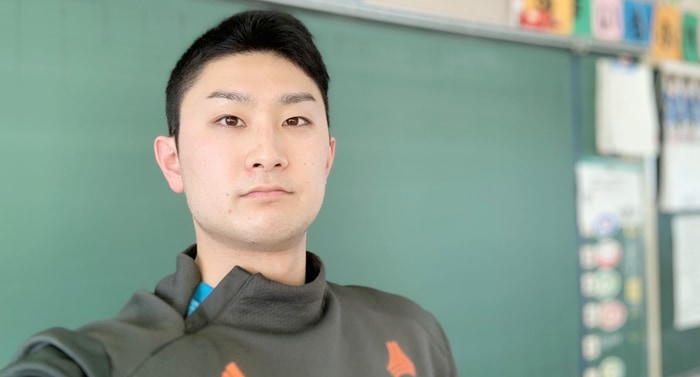
復興を志す 03
教える立場になった今、一番大切にしていること。「心を理解しようとすること」
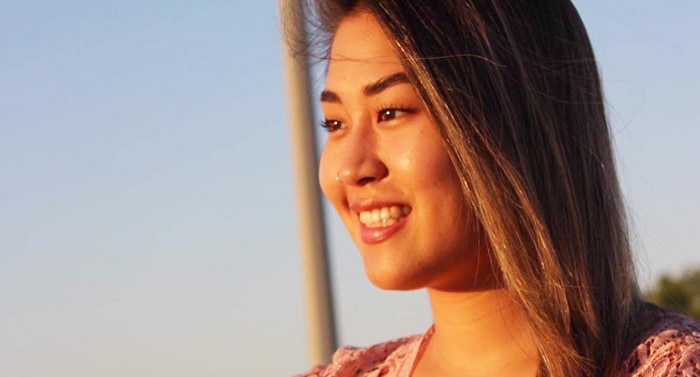
復興を志す 04
ドバイから、世界に通用する福島出身の日本人になりたい。
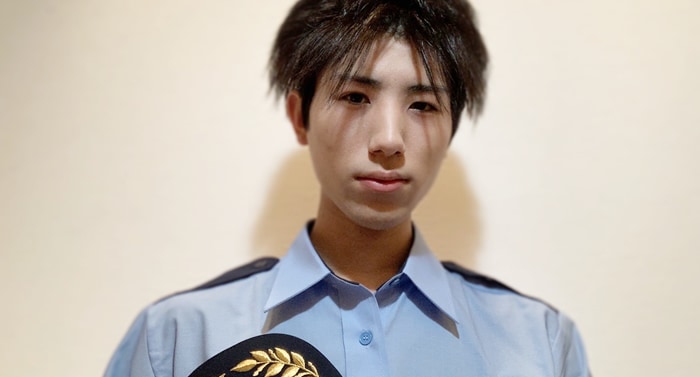
復興を志す 05
命が助かったからには、少しでも復興に役立つ大人になりたい
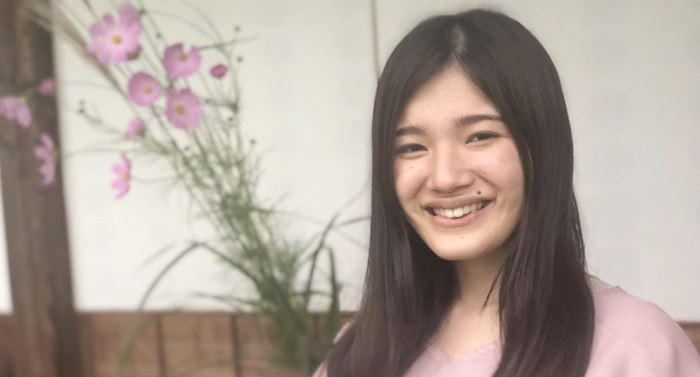
復興を志す 06
大人になった私が、今度は、地元・栗原の子ども達を応援したい
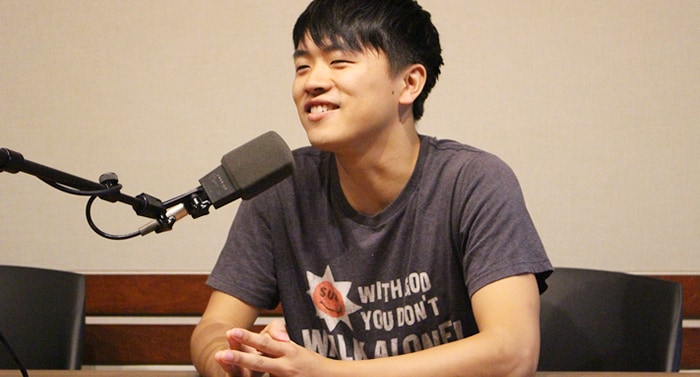
復興を志す 07
『恩送り』という、恩返しのカタチ。
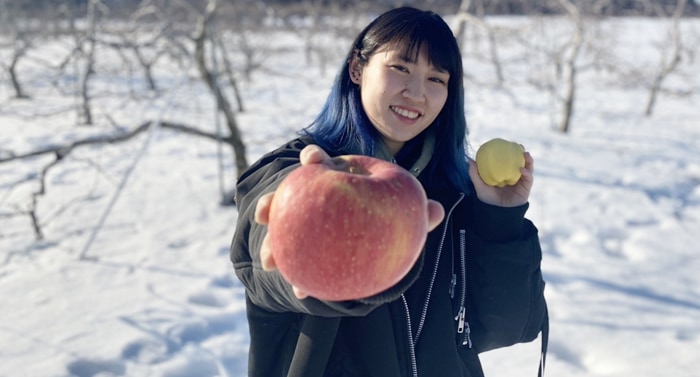
復興を志す 08
震災後の「あたりまえ」は、復興の軌跡
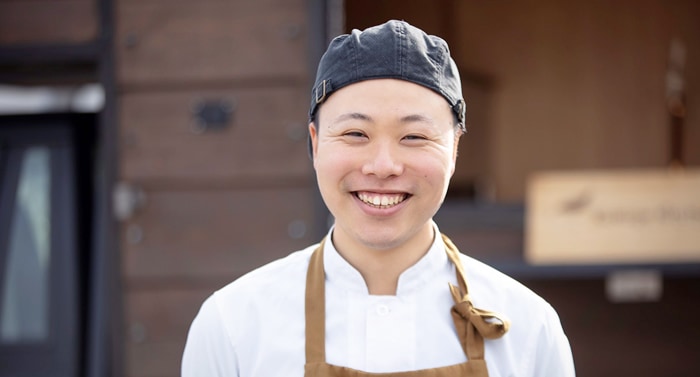
復興を志す 09
